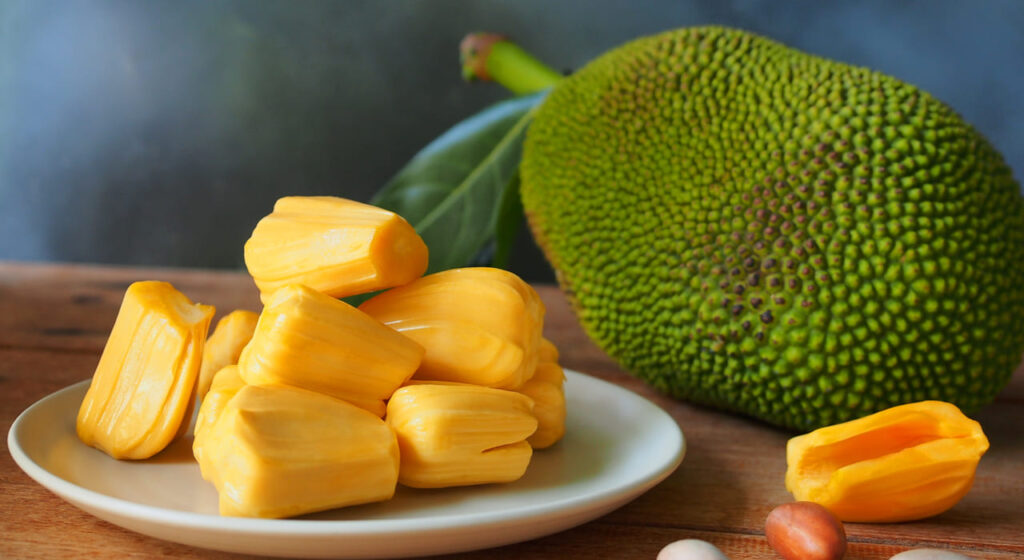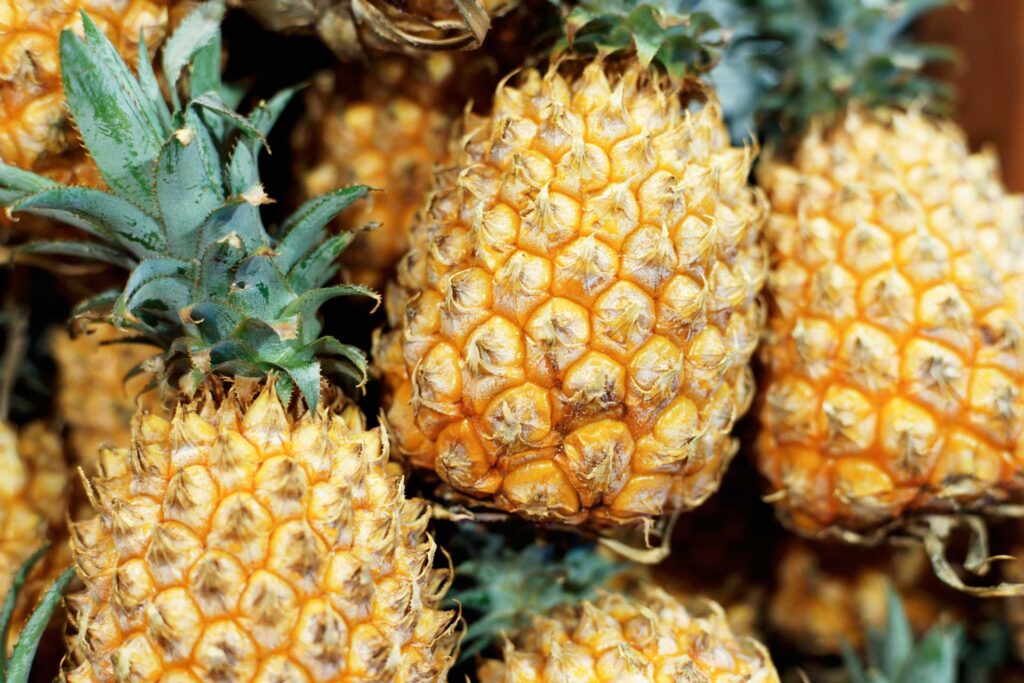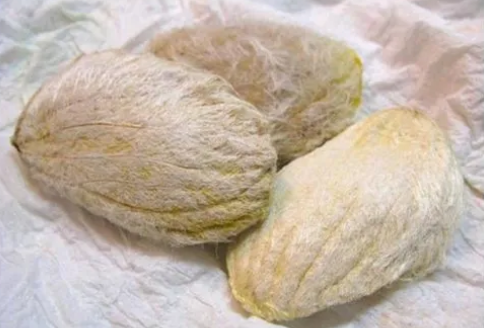Many people have acne, which shows up as pimples, blackheads, and whiteheads. It happens when hair follicles get blocked by too much oil and dead skin.
Acne can be caused by hormone changes, your genes, or too much oil on your skin. There are different kinds of acne, like hormonal acne or cystic acne. Each kind can be mild to severe and may need different treatments.
Table of Contents
- Eating Right to Fight Acne
- What’s Inside Blueberries
- Can Blueberries Help Clear Acne?
- How Blueberries and Acne Are Linked
- Why Call Blueberries a Superfood for Acne
- Adding Blueberries to What You Eat
- Clearing Up Myths About Blueberries and Acne
- In Summary
- FAQs
- Do blueberries really treat active acne?
- Can I use blueberry extracts or pills for my acne?
- How soon will I see my skin improve with blueberries in my diet?
Eating Right to Fight Acne
Scientists are still figuring out how what you eat affects your skin. Some studies show that eating lots of processed and sugary foods might make acne worse.
But eating fruits, veggies, and whole grains might help stop breakouts and give you better skin. This shows why choosing healthy foods is really important for your skin’s health.
What’s Inside Blueberries
Blueberries are often called a superfood because they’re full of good stuff. They’re loaded with vitamins and antioxidants which are important for your body.
A cup of blueberries only has about 84 calories but gives you 21 grams of carbs and 3.6 grams of fiber. They have lots of vitamin C, vitamin K, and a mineral called manganese. They also have antioxidants like anthocyanins, which make them blue and are really good for you.
Can Blueberries Help Clear Acne?
Yes, eating blueberries can help with acne. They have antioxidants and vitamins that help bring down swelling, control the oil on your skin, and make your skin clearer. Eating blueberries can be one part of helping to stop pimples and improving your skin.
How Blueberries and Acne Are Linked
Why might blueberries help stop acne? It’s because of the antioxidants they have. These antioxidants help calm down swelling, which is a big problem for acne-prone skin. When you have less swelling, your skin can get clearer.
Blueberries might also help control how much oil your skin makes. Too much oil can block your pores and cause pimples. Some stuff in blueberries might help keep your skin’s oil at a healthy level, which can prevent acne.
Why Call Blueberries a Superfood for Acne
Blueberries do even more for your skin. They have vitamin C, which helps your body make collagen to fix your skin and keep it stretchy. This means that eating blueberries can help heal acne scars and spots, too.
Their antioxidants also protect your skin from the sun and can make acne scars less visible. Including blueberries in your diet can help your skin look and feel healthier overall.
Adding Blueberries to What You Eat
It’s easy to eat more blueberries. You can add them to your morning cereal or yogurt. You could blend them into a smoothie or freeze them for a cool snack. You can bake with them or make a fruit salad with blueberries.
When you buy blueberries, choose ones that are big and really blue. Keep them in the fridge so they stay fresh longer.
Clearing Up Myths About Blueberries and Acne
Lots of people talk about blueberries and acne, and some things they say aren’t quite right. Let’s clear up those myths.
Even though blueberries are helpful, they can’t fix acne all by themselves. To manage acne well, you need to eat healthy, take care of your skin, and make good choices in your life.
There are blueberry supplements and extracts, but fresh or frozen blueberries are best. They have more kinds of nutrients than just the extracts.
In Summary
Blueberries look like they can help fight against acne. They’re full of good things like antioxidants and vitamins that your skin needs. By helping with swelling and oil on your skin, these berries can help your skin become clearer.
To have clear skin, you need to do a few things: take care of your skin, eat well, and make smart choices. So why not try adding some blueberries to your meals to get their benefits?
FAQs
Do blueberries really treat active acne?
Blueberries help with preventing acne but aren’t a complete cure. It’s best to look after your skin and make good choices in your daily life to control acne.
Can I use blueberry extracts or pills for my acne?
It’s better to eat fresh or frozen blueberries because they give you more types of nutrients compared to extracts or pills.
How soon will I see my skin improve with blueberries in my diet?
The time it takes to see a change can differ for each person. Keep including blueberries in your meals and, with a good skincare routine, you might start noticing healthier skin after a few weeks.









